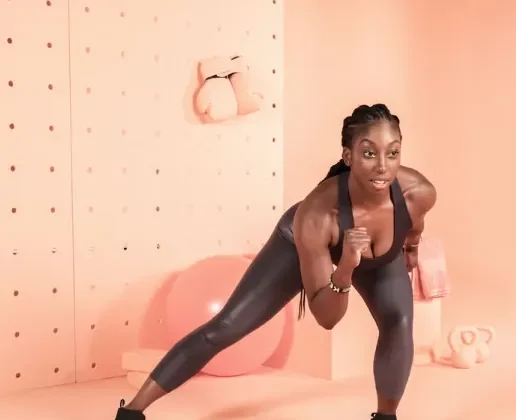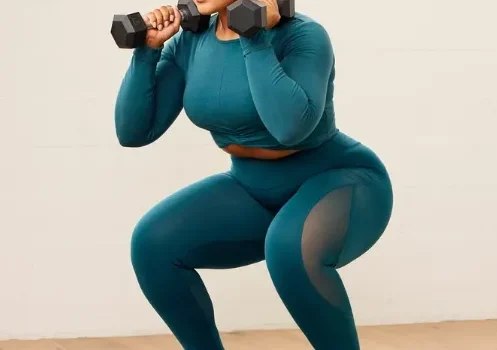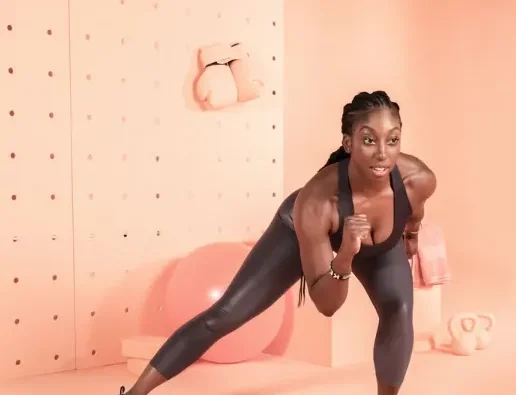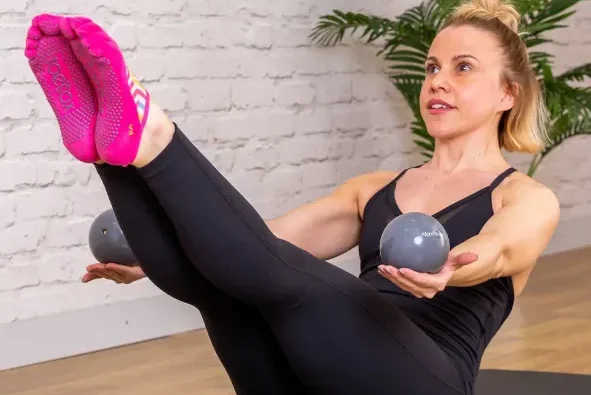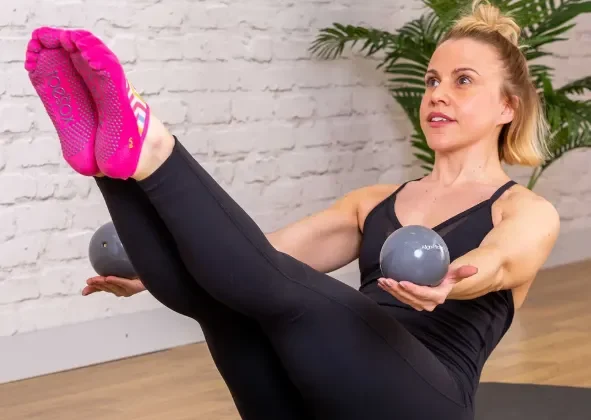When it comes to fitness and diet, there’s no shortage of advice out there. However, much of it is driven by trends or young experts who may not fully understand what it’s like to stay active and healthy as we age. The truth is, fitness and nutrition are not one-size-fits-all, and our bodies change as we grow older. What worked in your twenties may not be suitable as you enter your forties or beyond.
Over the years, I’ve learned to trust my instincts and listen to my body, especially when it comes to training and nutrition. Here are five questions to help guide your fitness decisions and ensure you’re making choices that truly benefit your health.
1. Do You Need to Press Overhead?
Many people are advised to include overhead pressing movements like military presses in their workouts, but not everyone is built for them. Overhead pressing can place a lot of strain on the shoulders, and for many individuals, it can lead to discomfort or injury. If pressing movements consistently cause pain or discomfort, it’s time to reassess whether they’re necessary for you. Instead of pushing through, listen to your body and consider alternatives that work better for your structure, like dumbbell exercises or other upper body movements that don’t put as much strain on your shoulders.
2. Are Squats and Deadlifts Right for You?
While squats and deadlifts are often praised as essential for building strength, they may not be suitable for everyone, especially as you age. These exercises can be tough on the knees, lower back, and hips if not done properly. As we age, our bodies naturally lose some flexibility and joint integrity, which means lifting heavy loads for prolonged periods can lead to injury or long-term damage. If squatting or deadlifting leaves you sore or injured more often than not, it might be time to modify your training or find alternative exercises that target similar muscle groups without the risk of strain.
3. Is Cardio Really Necessary?
Cardio often gets overlooked in strength-focused workout plans, but it plays a vital role in overall health, especially as we age. Cardiovascular exercise, even at moderate intensity, can improve heart health, boost energy, and promote better recovery between workouts. It’s not about running marathons or cycling for hours—simple activities like brisk walking or a light jog can make a significant difference in your overall health. Many people feel better after adding regular low-intensity cardio, so don’t neglect this aspect of your fitness routine. It can help offset the stresses of high-intensity workouts and improve your long-term health.
4. Do You Benefit from Regular Massage?
Massage therapy is an often-underappreciated tool for recovery and injury prevention. Many people who find relief from regular massages often stop receiving them once they feel better, but neglecting this recovery method can quickly lead to muscle tightness, stiffness, or even injury. Regular massage can help your body recover faster, improve flexibility, and enhance your range of motion. If you’ve experienced the benefits of massage but stopped due to time or cost, consider reintroducing it into your routine to maintain peak physical health and prevent setbacks.
5. Are You Listening to Your Body’s Nutritional Needs?
When it comes to diet, we often find ourselves swayed by the latest trends or celebrity diets. However, the best advice comes from listening to your own body. If certain foods make you feel sluggish or unwell, they may not be right for you, no matter what the latest diet book says. Your gut feelings about what makes you feel good or bad are valuable indicators. It’s important to focus on a diet that supports your individual needs, rather than following restrictive or popular diets that don’t suit your lifestyle. Pay attention to how your body reacts to the foods you eat and adjust your choices accordingly for better overall health and fitness.
Trust Your Own Experience
At the end of the day, fitness and diet are personal experiences. What works for one person might not work for another, and your body’s needs may change over time. Instead of following generic advice or chasing trends, trust your instincts and listen to your body. You are the best expert when it comes to understanding what your body needs to thrive.
Remember, fitness isn’t about pushing yourself to extremes or blindly following the latest trends. It’s about making choices that promote long-term health and well-being. If something doesn’t feel right, it probably isn’t. Take the time to assess what works for you, and don’t be afraid to adjust your routine or diet as needed. You are the experiment of one, and your fitness journey should be tailored to your unique needs and goals.


